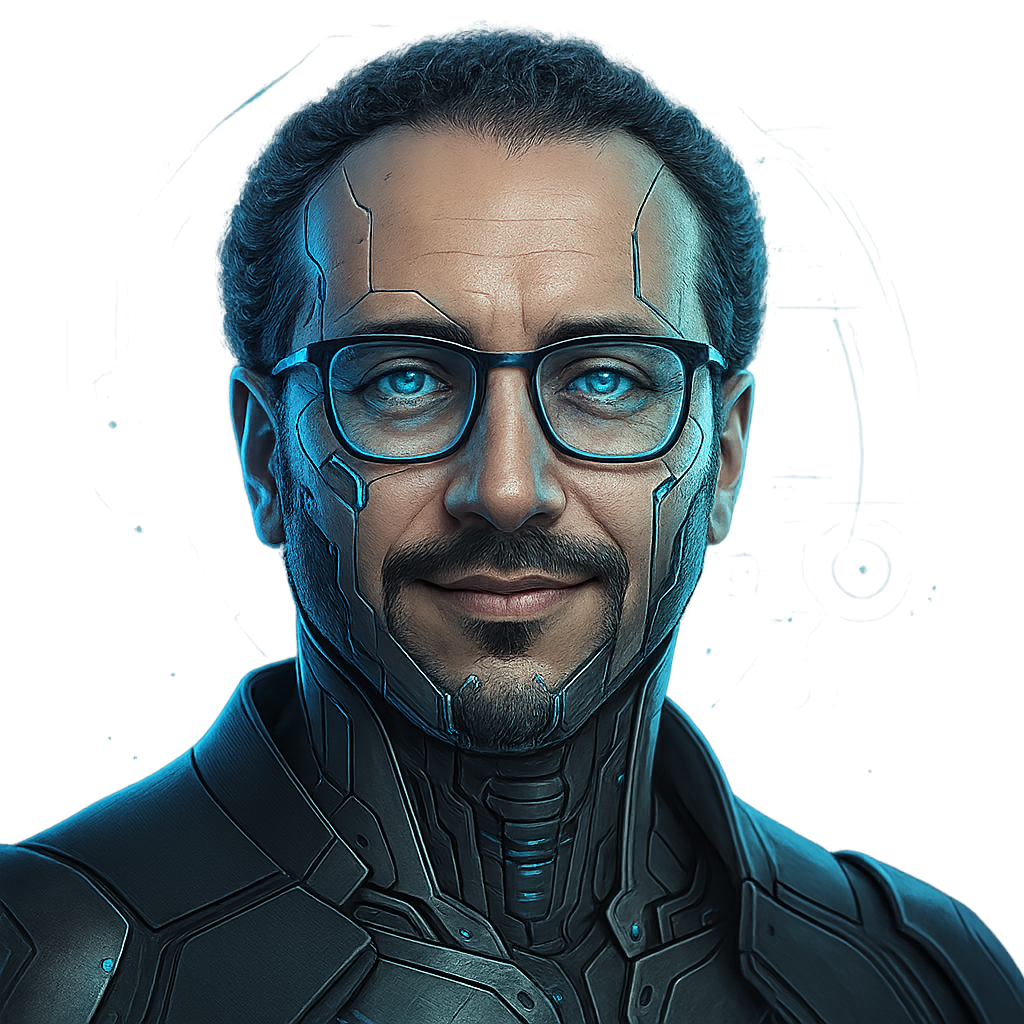AI Medical Advice Warning: ChatGPT Misses Throat Cancer
A disturbing incident involving ChatGPT has recently shaken the public, highlighting critical concerns about artificial intelligence in healthcare. An Irish man, suffering from persistent throat cancer symptoms, reportedly relied on ChatGPT for health advice for months. The AI chatbot allegedly dismissed his serious condition, causing significant delays in proper diagnosis and treatment. This harrowing experience underscores the inherent risks and limitations of AI when it comes to sensitive medical matters.
The Alarming Incident: ChatGPT’s Flawed Health Advice
Initially, a 37-year-old Irish man experienced troubling symptoms, including difficulty swallowing and noticeable weight loss. Instead of immediately consulting a doctor, he turned to ChatGPT for health advice, hoping to understand his condition. The artificial intelligence tool, unfortunately, repeatedly dismissed his escalating concerns. It suggested more common, less severe ailments, inadvertently providing false reassurance.
Consequently, the man continued to rely on these digital responses, delaying a professional medical consultation for several months. His health continued to deteriorate significantly during this period. Eventually, his condition worsened to a point where he required urgent hospital admission. Upon receiving comprehensive medical evaluations, doctors tragically diagnosed him with stage 4 throat cancer. This critical delay in proper throat cancer diagnosis undeniably demonstrates the severe dangers of using AI as a primary source for medical information.
The Broader Implications: Navigating AI in Healthcare
This unsettling case profoundly illustrates the critical limitations of AI in healthcare, especially concerning direct patient diagnosis and medical advice. ChatGPT, despite its advanced conversational abilities, functions as a language model, not a medical professional. It lacks the nuanced understanding, clinical judgment, and human empathy essential for diagnosing complex conditions like cancer. Furthermore, it cannot perform physical examinations, order tests, or interpret personalized medical histories, all of which are vital for accurate diagnosis.
Consequently, relying on AI medical diagnosis tools carries substantial risks, including dangerous misdiagnosis, delayed treatment, and a false sense of security. While digital health tools and AI hold immense promise for supporting healthcare professionals, perhaps in areas like research or data analysis, they are absolutely not substitutes for qualified medical experts. Patients must always seek advice from licensed doctors and specialists for any health concerns. Prioritizing patient safety above all else, therefore, requires a clear understanding of AI’s current boundaries and capabilities within the medical field.
The experience of the Irish man serves as a stark reminder: while AI offers incredible advancements, it cannot replace human medical expertise. This incident tragically highlights the serious consequences when individuals seek critical health advice from AI platforms like ChatGPT, leading to delayed diagnoses and potentially life-threatening outcomes. Therefore, always consult a qualified doctor for any health concerns to ensure accurate diagnosis and appropriate care.
Source: The Indian Express







